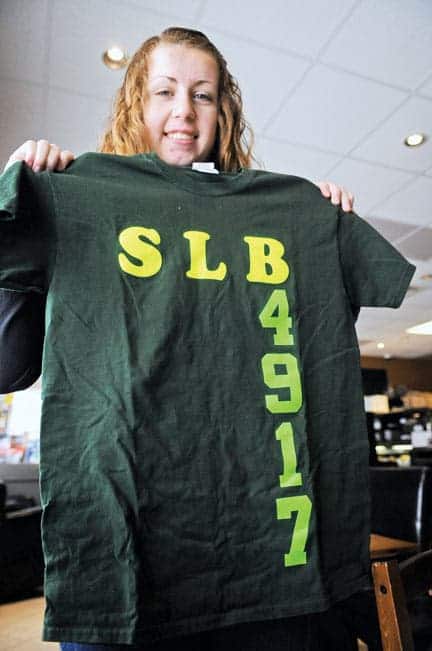A provincial funding system that seems to penalize municipalities actively working on their infrastructure deficits needs to be changed, argues Woolwich’s chief administrative officer.
David Brenneman says the current grants process sometimes sees money go to municipalities deemed in greater need, in effect punishing places like Woolwich that have started building reserve funds and developing plans to deal with aging roads, bridges and pipes.
In a recap of recent meetings with provincial officials, Brenneman said Woolwich was among those calling for a predictable stream of infrastructure money from Queen’s Park.
In a meeting with Minister of Rural Affairs Jeff Leal at last month’s Rural Ontario Municipal Association conference, township officials had a frank conversation about infrastructure funding, he told councillors Tuesday night.
“The township [feels] that the upper levels of government should find a way to reward municipalities that have shown a consistent willingness to tackle the infrastructure issues they are faced with.”
The township has included a special tax levy in its last three budgets, completed road and bridge needs studies and developed an asset management plan, all with the goal of managing its infrastructure deficit, Brenneman noted. For that, it should be rewarded. Or, at the very least, not penalized when the province makes funding decisions.
Leal appeared sympathetic to arguments in favour of a standardized funding formula, said Brenneman.
“He confirmed that the province is in fact discussing the best approach to establishing stable and predictable funding for municipalities to help us deal with our infrastructure deficit. He mentioned that they will be looking at a model not unlike the federal gas tax.”
There were, however, no timeframes attached to that pronouncement. Nor any specifics.
“The good news is that the meeting was a good one – they get it,” he said, noting municipalities have to keep making noise if they want progress on this or any other issue.
Some of the issues raised at similar meetings over the last two years are only now starting to take hold, he explained, noting the advocacy role means attending these sessions regularly.
“If you go there once, it doesn’t help,” he said in an interview following the council session.









